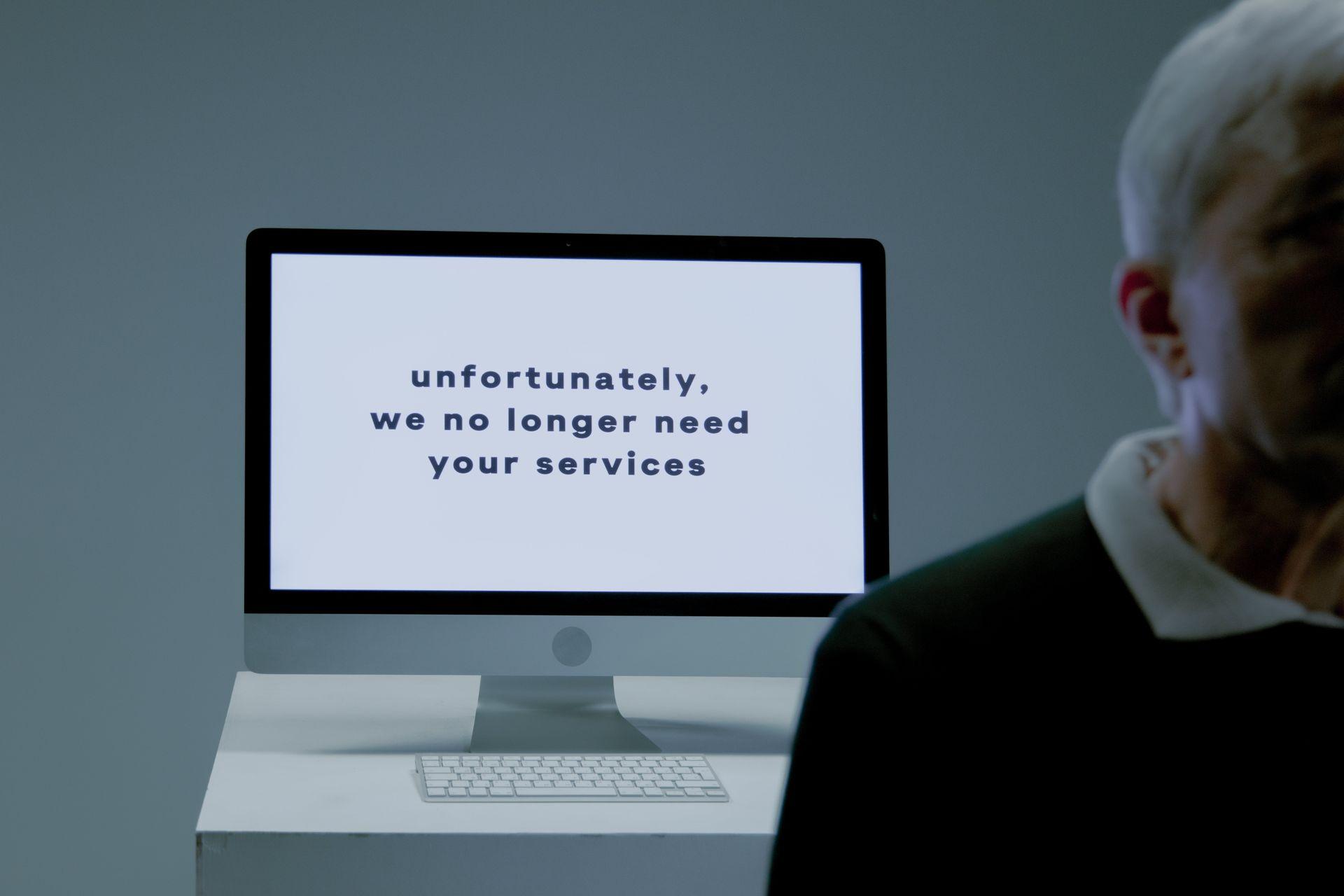In the wake of its $68.7 billion acquisition, Microsoft Activision Blizzard layoffs 2024 have sent shockwaves through the gaming and tech landscape. . This narrative unfolds against the backdrop of billion-dollar deals, raising poignant questions about the human consequences of corporate decisions and prompting reflections on the industry’s trajectory. Join us as we delve into the complexities of this unfolding tale, exploring the aftermath of Microsoft’s decisive moves and the broader implications for the dynamic intersection of gaming and technology.
Microsoft Activision Blizzard layoffs 2024: A tale of billion-dollar deals and unsettling layoffs
Microsoft initiated a substantial restructuring within its gaming divisions, three months after finalizing the monumental $68.7 billion acquisition of renowned gaming company Activision Blizzard. The repercussions of this strategic move were profound, leading to the layoff of 1,900 employees, constituting approximately 8.6% of the 22,000 workforce dedicated to gaming within Microsoft.

The Microsoft Activision Blizzard layoffs 2024, as outlined in an internal memo by Microsoft Gaming CEO Phil Spencer, were carefully crafted to execute a sustainable cost structure following the high-profile acquisition. Spencer’s memo, obtained by The Verge, revealed that the plan involved identifying areas of overlap within the newly merged entities and streamlining operations for greater efficiency.
Mike Ybarra, the president of Blizzard, announced his departure in the wake of these changes. Ybarra, in a statement, expressed gratitude to the affected employees for their significant contributions, acknowledging the challenges of the day. He emphasized that the layoffs were not a reflection of the impacted individuals’ performance but rather a strategic necessity for the long-term success of the unified gaming divisions.
I want to thank everyone who is impacted today for their meaningful contributions to their teams, to Blizzard, and to players’ lives. It’s an incredibly hard day and my energy and support will be focused on all those amazing individuals impacted – this is in no way a reflection…
— Mike Ybarra (@Qwik) January 25, 2024
Microsoft, confirming the reported memo, assured its commitment to supporting the affected employees during the transition. This support includes providing severance benefits in accordance with local employment laws. Spencer’s memo also urged the remaining staff to treat departing colleagues with respect and compassion, aligning with the company’s values.
The Microsoft Activision Blizzard layoffs 2024 amidst a broader trend of significant layoffs within the gaming industry in 2024. Several other major players, including Riot Games, Twitch, and more announced sizable layoffs in a short span, collectively affecting thousands of industry professionals. According to industry expert Rami Ismail, the number of gaming employees laid off in 2024 had already surpassed half of the total gaming layoffs recorded in the entire previous year.
Beyond the gaming sector, the tech industry at large experienced its share of layoffs, with notable companies like Google, Amazon, and eBay making workforce reductions. Interestingly, historical data from tech layoffs in 2023 indicated that January tends to be a particularly challenging month for layoffs within the industry.

The situation is further complicated by the human impact of these changes, prompting reflections on the role of unions in the gaming industry. Over the past few years, some departments within Microsoft and Activision had formed gaming unions, marking a significant development in the industry. The Communications Workers of America, representing the unionized workers, emphasized the importance of unions during layoffs, highlighting that unionized members at specific subsidiaries would not be affected by Microsoft’s recent cuts.
As the gaming and tech industries grapple with these significant corporate changes, the consequences of Microsoft’s strategic decisions extend beyond its own workforce, influencing the broader landscape of the rapidly evolving gaming and technology sectors. The impact of such restructuring efforts underscores the challenges and complexities inherent in the ever-evolving dynamics of these industries.
Featured image credit: Ron Lach/Pexels






